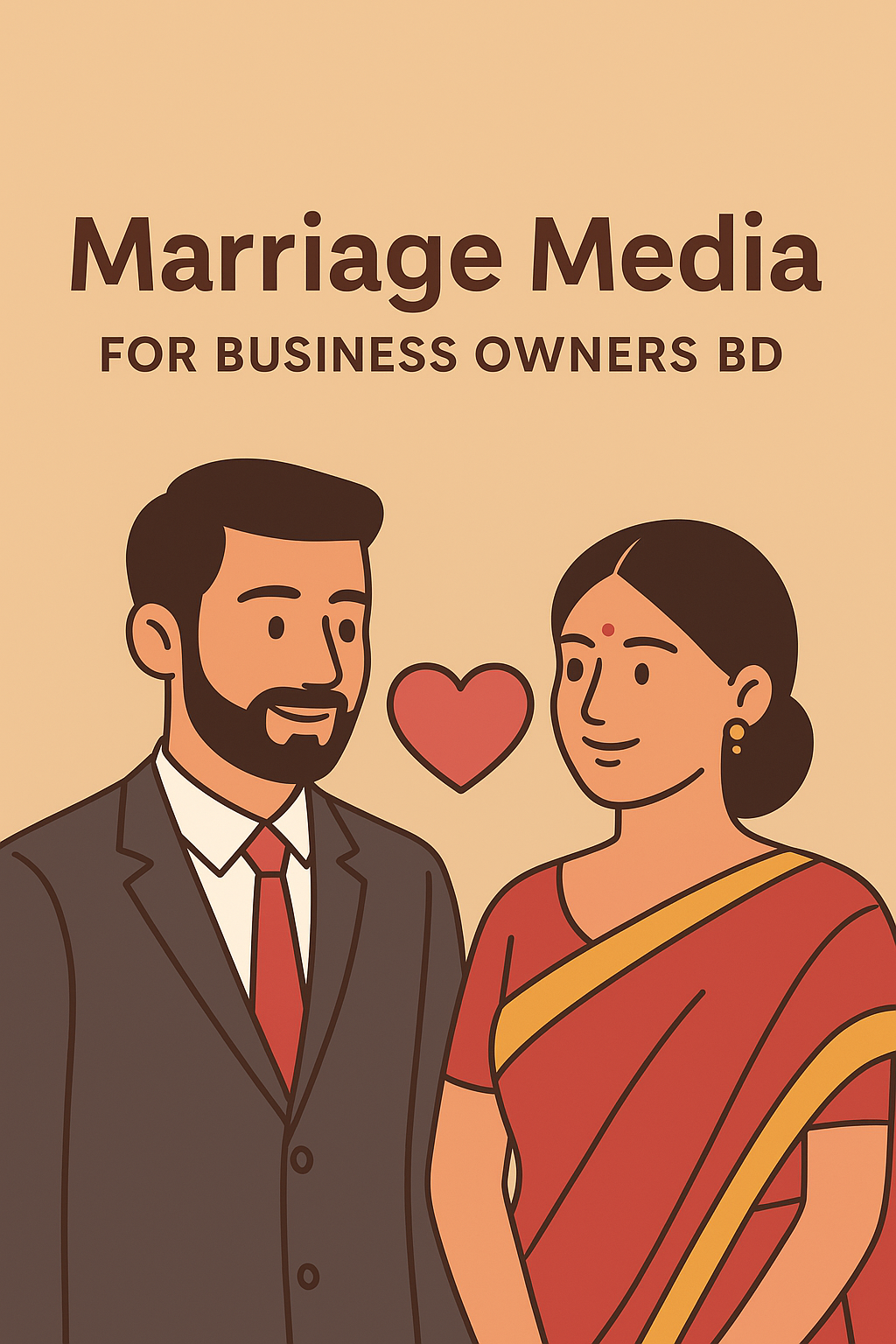What is the marriage rate in Bangladesh
Introduction
Marriage is a significant cultural and social institution in Bangladesh, deeply rooted in the country’s traditions, religious beliefs, and social norms. It serves not only as a personal commitment between individuals but also as a crucial element of family and community life. Understanding the marriage rate in Bangladesh involves examining various factors, including demographic trends, cultural practices, legal frameworks, and the socio-economic conditions that influence marriage patterns. This article aims to provide a comprehensive overview of the marriage rate in Bangladesh, its historical context, current statistics, influencing factors, and future trends.
Historical Context of Marriage in Bangladesh
Historically, marriage in Bangladesh has been characterized by various customs and practices influenced by its diverse cultural and religious background. Traditionally, marriages were arranged by families, often with little input from the individuals involved. The institution of marriage was not just a union between two individuals; it was also a strategic alliance between families, often with implications for social status, economic stability, and inheritance.
Over the years, changes in socio-economic conditions, urbanization, education, and globalization have influenced marriage patterns in Bangladesh. The introduction of legal frameworks governing marriage and the rise of individual autonomy in decision-making have also played a crucial role in shaping contemporary marriage practices.
Current Marriage Rate in Bangladesh
As of recent data, the marriage rate in Bangladesh can be understood through various statistics. According to the Bangladesh Bureau of Statistics (BBS), the marriage rate has been relatively high, although there have been notable variations across different regions, socio-economic groups, and demographics.
-
Overall Marriage Rate
The overall marriage rate in Bangladesh is estimated to be around 7-8 marriages per 1,000 people per year. However, this figure can fluctuate based on different factors such as urbanization, education levels, and socio-economic conditions.
-
Marriage Age Trends
The age at which individuals marry has gradually changed over the years. According to the Bangladesh Demographic and Health Survey (BDHS), the median age at first marriage for women is approximately 18-19 years, while for men, it is around 23-24 years. These figures indicate a trend towards later marriages, particularly for women, as access to education and employment opportunities increases.
-
Regional Variations
Marriage rates can vary significantly across different regions in Bangladesh. Urban areas, such as Dhaka and Chittagong, often exhibit lower marriage rates compared to rural regions. This discrepancy can be attributed to factors such as higher educational attainment, economic opportunities, and changing social norms in urban areas.
Factors Influencing the Marriage Rate in Bangladesh
Several factors contribute to the current marriage rate in Bangladesh, each interrelated and complex in its influence.
-
Socio-Economic Factors
- Economic Development: Economic stability and development have a significant impact on marriage rates. As the economy grows and individuals attain higher levels of education, there is often a delay in marriage as young people prioritize their careers and education over settling down. The rising cost of living in urban areas can also contribute to this trend.
- Poverty: In contrast, poverty can lead to higher marriage rates, particularly for girls, as families may view early marriage as a way to secure financial stability. In rural areas, where economic opportunities are limited, marrying off daughters early can alleviate economic burdens on families.
-
Education
Education plays a critical role in influencing marriage rates. Higher educational attainment is correlated with later marriage ages, especially for women. Educated women are more likely to pursue careers, delay marriage, and have fewer children, which can shift societal norms surrounding marriage.
- Girls’ Education: Initiatives to promote girls’ education in Bangladesh have been gaining traction. Increasing awareness about the benefits of education for girls has led to a gradual rise in the number of girls attending school, which in turn has contributed to delayed marriages.
-
Cultural and Religious Practices
Cultural norms and religious beliefs significantly influence marriage rates in Bangladesh. Marriage is often viewed as a rite of passage and a cultural expectation, leading many individuals to marry at a young age.
- Arranged Marriages: Arranged marriages remain prevalent in Bangladeshi society. Families often play a crucial role in the matchmaking process, which can result in younger individuals marrying at an earlier age.
- Dowry System: The practice of dowry can also influence marriage rates. In some cases, families may rush to marry off their daughters to avoid escalating dowry demands, leading to higher marriage rates among younger women.
-
Urbanization and Migration
Urbanization has led to significant changes in marriage patterns. As more people move to urban areas for work and education, marriage trends shift. Urban areas tend to have lower marriage rates and later marriage ages compared to rural areas.
- Changing Gender Roles: Urbanization has also brought about changing gender roles, with women increasingly participating in the workforce. This shift allows women to delay marriage as they prioritize career aspirations.
Challenges Related to Marriage Rates in Bangladesh
While understanding marriage rates provides valuable insights, it is essential to consider the challenges and issues associated with marriage practices in Bangladesh.
-
Child Marriage
Despite legal frameworks that set the minimum age for marriage at 18 for girls and 21 for boys, child marriage remains a significant issue in Bangladesh. The country has one of the highest rates of child marriage globally, with around 51% of women aged 20-24 reporting being married before the age of 18.
Child marriage often leads to various adverse outcomes, including health risks for young brides, limited educational opportunities, and increased poverty levels. Efforts to combat child marriage have been initiated, but social norms and economic pressures continue to pose challenges.
-
Gender Inequality
Marriage practices in Bangladesh often reflect broader issues of gender inequality. Women are frequently marginalized in decision-making processes related to marriage, and societal norms can limit their autonomy.
The expectation for women to prioritize marriage and family over personal aspirations can hinder their educational and professional opportunities. Addressing gender inequality is crucial for ensuring that women can make informed choices about marriage and life.
-
Violence Against Women
Marriage can sometimes perpetuate cycles of violence against women in Bangladesh. Domestic violence remains a significant concern, with many women facing abuse within their marriages.
Efforts to raise awareness about domestic violence and empower women through legal support and educational programs are essential for addressing this issue.
Government Initiatives and Policy Responses
The government of Bangladesh has recognized the challenges related to marriage rates and has implemented various initiatives and policies to address these issues.
-
Legal Reforms
Legal frameworks governing marriage and family laws have been established to protect the rights of individuals, particularly women and children. The Child Marriage Restraint Act of 2017 aims to prevent child marriage by enforcing a minimum marriage age.
However, the presence of loopholes, such as the “special circumstances” clause, raises concerns about the effectiveness of these laws in curbing child marriage.
-
Education Initiatives
The government has prioritized education as a means to combat child marriage and empower girls. Initiatives to provide free and compulsory education for girls, along with stipends and incentives for families to keep their daughters in school, have been implemented.
-
Community Awareness Campaigns
Community awareness campaigns have been launched to educate families about the negative consequences of child marriage and the importance of education for girls. These campaigns aim to change cultural perceptions and encourage families to delay marriage for their daughters.
-
Collaboration with NGOs
The government collaborates with various NGOs and international organizations to implement programs that address child marriage, gender inequality, and women’s empowerment. These collaborations help amplify efforts to raise awareness, provide support services, and advocate for policy changes.
Future Trends in Marriage Rates
As Bangladesh continues to evolve socially and economically, marriage rates are likely to undergo further changes. Several trends are emerging that could influence future marriage patterns.
-
Delaying Marriage
With increased access to education and employment opportunities, it is expected that the trend of delaying marriage will continue, especially among educated women in urban areas. As societal attitudes shift, more individuals may prioritize personal and professional development before settling down.
-
Changing Gender Roles
As gender roles continue to evolve, there may be a growing emphasis on partnerships based on equality and mutual respect in marriage. This shift could lead to changes in the traditional dynamics of arranged marriages and greater autonomy for both partners in decision-making.
-
Technological Influence
The rise of technology and social media is reshaping the way people meet and interact, including in the context of marriage. Online matrimonial services and dating apps are becoming increasingly popular, particularly among younger generations, which may lead to a diversification of marriage practices.
-
Continued Advocacy for Women’s Rights
Ongoing advocacy for women’s rights and gender equality will likely play a crucial role in shaping future marriage patterns. As more individuals and organizations work towards empowering women and addressing issues such as child marriage, societal norms may gradually shift towards more equitable practices.
Marriage Rates in Bangladesh: A Complex Landscape
Bangladesh, a South Asian nation with a rich cultural heritage, has experienced significant demographic changes over the past few decades. One of the key indicators of social and economic development is the marriage rate. This comprehensive exploration delves into the marriage rate in Bangladesh, examining trends, factors influencing it, and the broader implications for the country.
Understanding Marriage Rates
The marriage rate, often expressed as the number of marriages per 1,000 population, provides insights into the social and cultural dynamics of a society. In Bangladesh, the marriage rate has been influenced by various factors, including economic conditions, cultural norms, and government policies.
Historical Trends in Marriage Rates
Over the years, the marriage rate in Bangladesh has experienced fluctuations. While historical data may be limited, available records suggest that the marriage rate has generally been high, reflecting cultural traditions and societal expectations. However, recent decades have witnessed some shifts in marriage patterns, influenced by factors such as increased education levels, urbanization, and changing economic circumstances.
Factors Affecting Marriage Rates
Several factors contribute to the marriage rate in Bangladesh:
- Economic Conditions: Economic prosperity can influence marriage decisions. Improved economic conditions may lead to delayed marriages as individuals focus on education and career advancement. Conversely, economic hardship may drive early marriages as families seek to secure their daughters’ future or reduce financial burdens.
- Cultural Norms and Traditions: Cultural norms and traditions play a significant role in shaping marriage patterns. In Bangladesh, early marriage is often seen as a desirable practice, particularly for girls, due to cultural expectations and religious beliefs.
- Education and Employment: Higher levels of education and employment opportunities, particularly for women, can delay marriage. As women become more independent and pursue educational and career goals, they may choose to postpone marriage or opt for later marriages.
- Urbanization: The shift from rural to urban areas can influence marriage patterns. Urban areas often have different cultural norms and economic opportunities, which may affect marriage decisions.
- Government Policies: Government policies related to marriage, such as legal age restrictions and family planning programs, can impact marriage rates.
Recent Trends and Challenges
In recent years, there has been a growing awareness of the challenges associated with early marriage, particularly among girls. Efforts have been made to raise the legal age of marriage and promote delayed marriage. However, cultural norms and economic realities continue to pose significant challenges in combating early marriage.
Implications of Marriage Rates
The marriage rate has implications for various aspects of society, including population growth, economic development, and social welfare. A high marriage rate can contribute to population growth, which can have implications for resource allocation and economic development. Additionally, the timing of marriage can affect individuals’ educational and career prospects, as well as their overall well-being.
Conclusion
The marriage rate in Bangladesh is a complex and multifaceted issue influenced by various socio-economic, cultural, and legal factors. While significant progress has been made in addressing challenges such as child marriage and gender inequality, more work is needed to ensure that individuals, particularly women, have the autonomy and opportunities to make informed decisions about marriage.
As Bangladesh continues to navigate changes in social norms, education, and economic development, the future of marriage rates will likely reflect the evolving landscape of the country. By promoting education, advocating for women’s rights, and challenging traditional norms, Bangladesh can move towards a future where marriage is a choice made freely and equitably, fostering healthier and more fulfilling relationships for all individuals. The marriage rate in Bangladesh is a complex issue influenced by a variety of factors. While historical trends suggest a generally high marriage rate, recent years have witnessed some shifts in patterns. Addressing the challenges associated with early marriage and promoting healthy marriage practices is crucial for the well-being of individuals and the development of Bangladesh.
-








